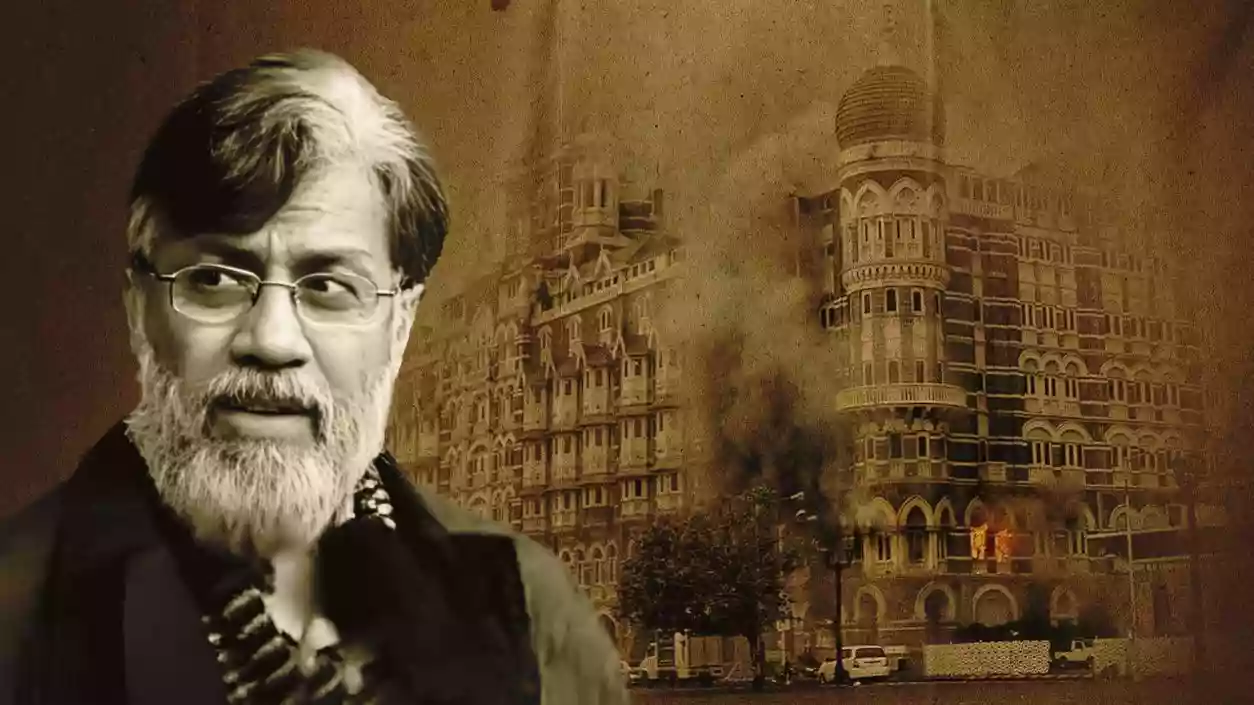.gif)
.gif)

A US Court of Appeals has confirmed the extradition of Pakistani-origin Canadian businessman Tahawwur Rana to India for his involvement in the 2008 Mumbai terror attacks. Rana, who is accused of providing material support to Lashkar-e-Taiba (LeT), the terrorist group responsible for the attacks, will face trial in India. The decision follows extensive legal proceedings in the United States, where Rana was arrested and held on an extradition request from India.
Rana, who had longstanding ties to David Coleman Headley—another key figure in the Mumbai attacks—was convicted in 2011 by a US court for providing support to LeT in plotting the attacks. However, Rana was acquitted on charges directly related to the 26/11 assault. Despite this, he was sentenced to 14 years for providing material support to the terror group and aiding a failed plot to attack a Danish newspaper. Following his release in 2018 after serving seven years, India requested his extradition to stand trial for his alleged role in assisting the terrorists involved in the Mumbai attacks.
The Mumbai attacks, carried out on November 26, 2008, saw ten Pakistani terrorists carrying out coordinated assaults across Mumbai, targeting high-profile locations such as the Taj Mahal Palace Hotel, Oberoi Trident Hotel, and Chhatrapati Shivaji Maharaj Terminus. The attacks, which lasted over 60 hours, resulted in 166 deaths, including 18 security personnel and 26 foreign nationals. Rana is accused of aiding in the planning and execution of these attacks by providing logistical support and facilitating reconnaissance activities for the terrorists.
Rana was arrested on June 10, 2023, in Los Angeles after India issued an extradition request. His bail application was rejected by a US court, which considered him a flight risk. The US Court of Appeals upheld the ruling, emphasizing that India provided sufficient evidence to establish probable cause for Rana’s role in the attacks. His extradition was confirmed based on the provisions of the 1997 extradition treaty between the United States and India.
Rana's extradition will allow Indian authorities to prosecute him for his alleged involvement in the attacks. His extradition case highlights the ongoing efforts to bring justice to the victims of the 26/11 attacks. Diplomatic talks are underway to facilitate his transfer from the United States to India, where he is expected to face charges under the Indian Penal Code and Unlawful Activities (Prevention) Act.